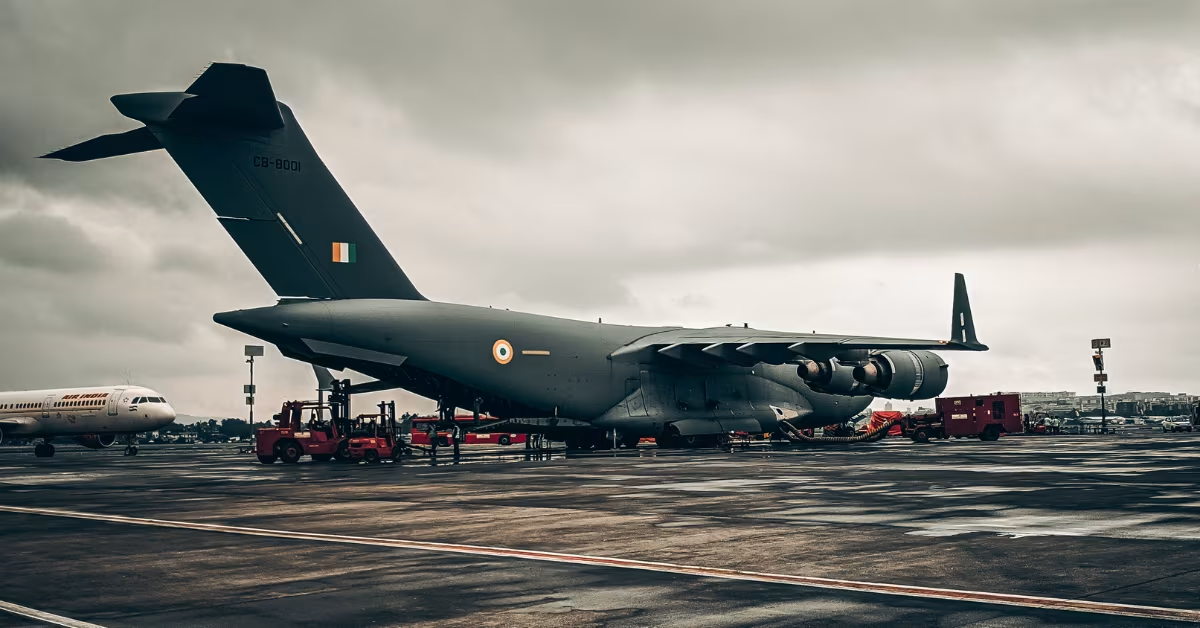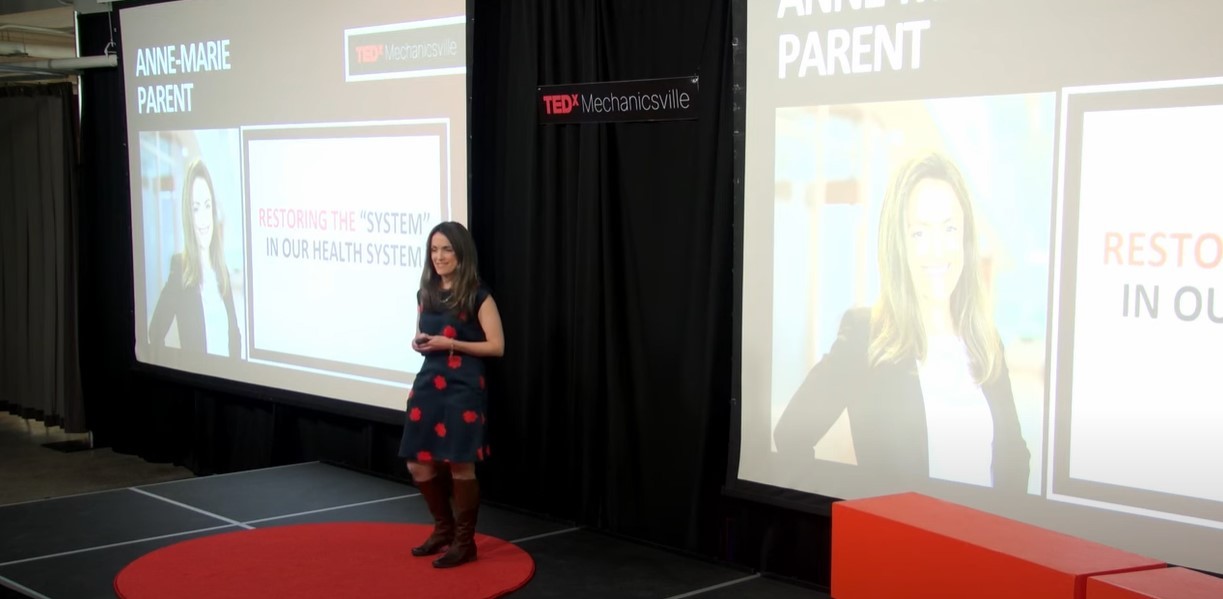Whether responding to natural disasters such as floods and wildfires, defending Arctic sovereignty, or supporting peace operations, the Canadian Armed Forces (CAF) must be prepared to deploy anywhere, at any time, to protect Canadians and the country’s national security. That readiness depends on one critical factor: a fast, flexible, and reliable supply chain that ensures essential resources, ranging from personal and medical supplies to equipment, are delivered wherever or whenever they’re needed.
To meet this challenge, Pavel Andreev, Associate Professor of Performance Management at Telfer, and Ahmad Teymouri, Research Associate and Part-time Professor at the School of Engineering and Digital Transformation, are leading an NSERC Alliance-funded project in close partnership with the CAF.
“It’s an honour to work alongside the CAF on a mission that matters,” says Teymouri. “We’re creating tools that make the supply chain more responsive, helping both the military and broader efforts in public safety and emergency response.”

The main goal is to build and implement a cutting-edge interactive Decision Intelligence Support System (DISS) to improve CAF’s supply chain readiness, responsiveness, and sustainability. By integrating real-time data analytics, machine learning, predictive modeling—to forecast the military’s future needs—and prescriptive modeling—to recommend effective courses of action—the DISS will transform how the CAF anticipates and responds to operational demands when faced with uncertainty.
Drawing on advanced tools from data science, smart systems, and logistics planning, the DISS will solve two major challenges: ensuring the military is fully equipped and prepared for any mission (Readiness), and adapting quickly to unexpected changes, like delays, disruptions, or emergencies (Responsiveness). Take wildfires, for example, readiness could mean having critical resources like water pumps, protective gear, portable shelters, and medical supplies pre-positioned in high-risk areas. Responsiveness, in turn, could mean quickly deploying helicopters, fuel, and personnel to new fire zones as the situation evolves.
Leading supply chain innovation and tomorrow’s expertise
Fueled by Andreev and Taymouri's forward-thinking vision and expertise, the DISS is being built into an innovative AI-powered tool that military leaders can rely on for faster, more effective decision-making in high-pressure, fast-changing situations.
“Our mission is to help the CAF shift from reactive logistics to proactive, data-informed decision-making,” says Andreev. “By making supply chain processes more explainable and adaptive, the DISS will ensure that personnel, equipment, and resources are deployed efficiently, even under the most uncertain conditions.”
The result? A smarter and more resilient logistics network that helps the military stay one step ahead by spotting supply chain bottlenecks early, avoiding costly shortages and delays, managing inventory more efficiently, and responding decisively to unpredictable scenarios. This is especially crucial as Canada’s military faces growing international, environmental, and geopolitical threats while working with tight budgets and complex global supply chains. Equally vital, the project is crucial in training the next generation of scholars in data analytics, operations research, and decision intelligence, equipping them to address real-world challenges in the military and civilian sectors. In an era where speed, resilience, and transparency define supply chain success, this research is setting a new benchmark—one that not only supports national defence but also advances Canada’s leadership in intelligent logistics innovation.











